Push2Heat: Felix Schoeller installs the Group’s first high-temperature heat pump at its Weissenborn plant
In the framework of the EU-funded Push2Heat project, four demonstration plants are being planned in Europe in a collaboration of international partners and research institutes. At its Weissenborn site, Felix Schoeller is working with Fraunhofer IEG and heat pump supplier SPH to design and build a high-temperature heat pump that uses waste heat from paper production to generate new process steam for the drying stage. An existing 45°C waste heat circuit is used as the heat source. The heat pump generates steam at 124°C with a COP (coefficient of performance) of approximately 2.5, which can be directly reused in production.
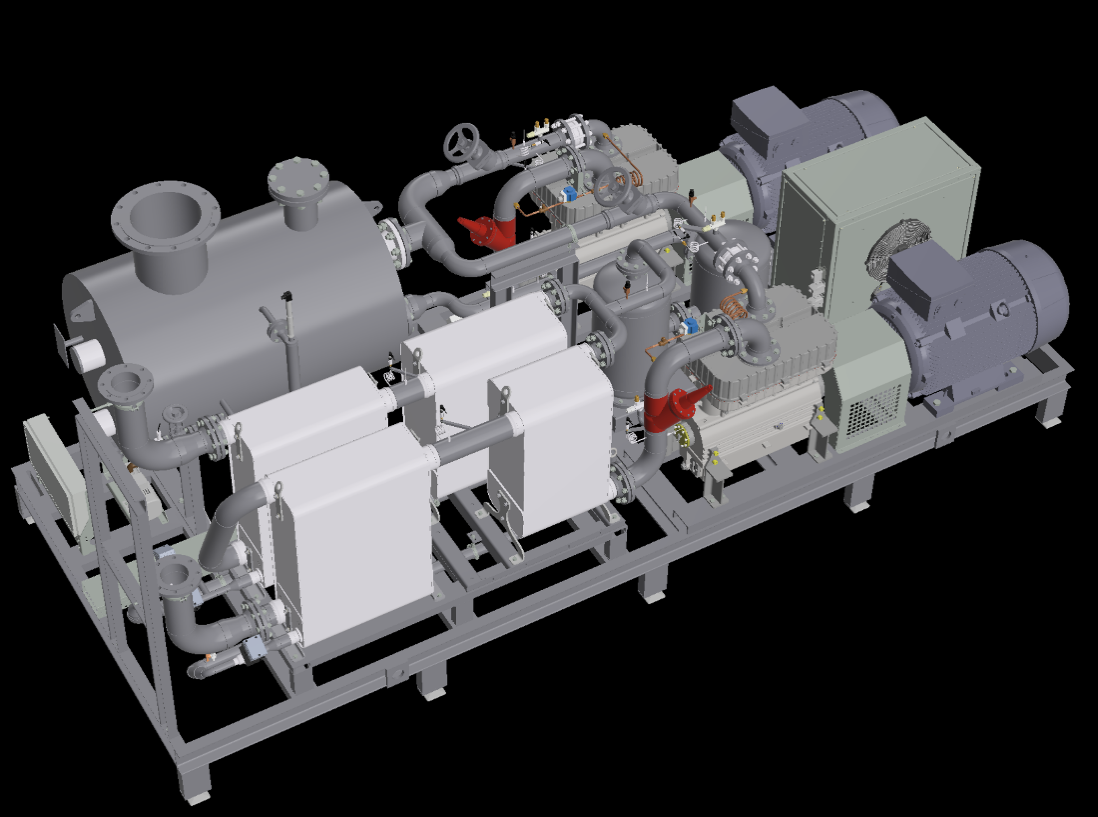
Goals
The project aims to demonstrate the contribution that high-temperature heat pumps can make to the decarbonisation strategy of the Group. In addition to the CO2 savings achieved, economic efficiency and process safety are of great importance to us. The exchange of ideas in the international project and the support of our partners provides a comprehensive basis for achieving these goals.
Web pages about the project:
https://www.ieg.fraunhofer.de/
SPH Sustainable Process Heat GmbH (spheat.de)

“The Push2Heat project is part of our Green Lighthouse initiative, by means of which we are developing and introducing sustainable technologies on an industrial scale at the Weissenborn site. The sustainable generation of process steam plays a key role in the successful transformation of our industry.”
CO2 emissionens saved
CO2 emissions saved through reduced natural gas consumption: approx. 1,200 tonnes of CO2 per annum
Amount invested
This project was funded by the European Union’s Horizon Europe research and innovation programme under grant agreement No. 101069689 (PUSH2HEAT).
Amount of investment in Horizon Call No. 101069689 (Push2Heat) for 4 demos and all participating institutes approx. €10 million.
Partnerships
Fraunhofer IEG
SPH Sustainable Process Heat GmbH (spheat.de)
MORE LIGHTHOUSES
.jpg)
WEPA produces hygiene paper from the sustainable fibre innovation of recycled carton
After years of research and development, we have succeeded in preparing recycled carton in such a way that we can use it as raw material for our hygiene paper production.
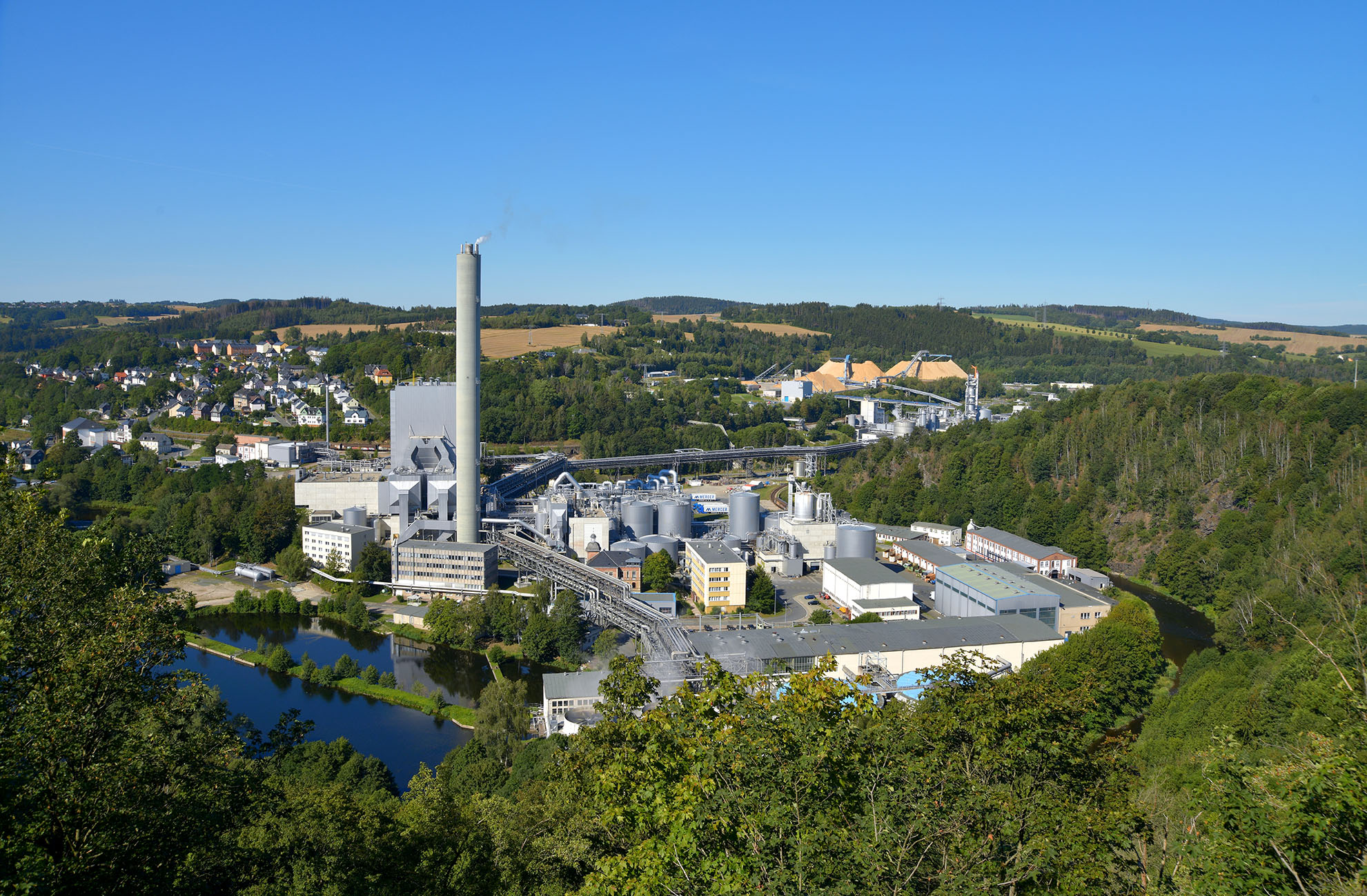
Mercer Rosenthal GmbH Adds Stripper to Evaporation Plant to Optimise Resource Use
A stripper has been added to the existing evaporation plant in order to separate the usable material of the B-condensate from the liquid.
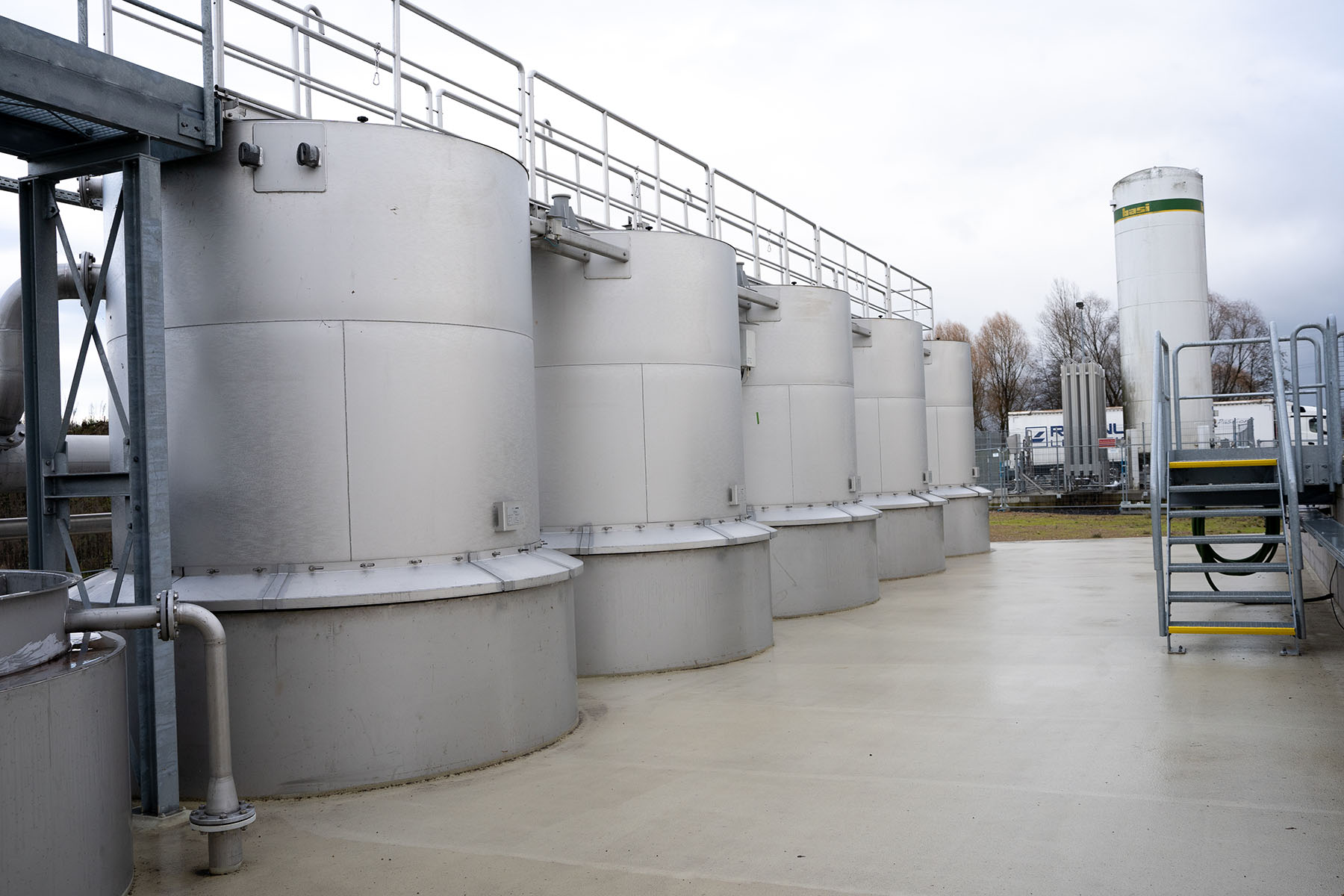
Expansion of the Wastewater Treatment Plant at Koehler Paper's Kehl Site
In early 2024, after 1.5 years of construction work, the Koehler Paper site finalised the expansion of its wastewater treatment plant. This expansion had been initiated because of the construction and activation of Production Line 8 in 2019, and the attendant increase in wastewater volume.
Enhancing Efficiency: SAPPI Alfeld GmbH Upgrades Wastewater Treatment with Advanced Flotation Cells
As a direct discharger into the Leine, SAPPI Alfeld GmbH has for decades internally run a complete water treatment with a three-lane biological stage.
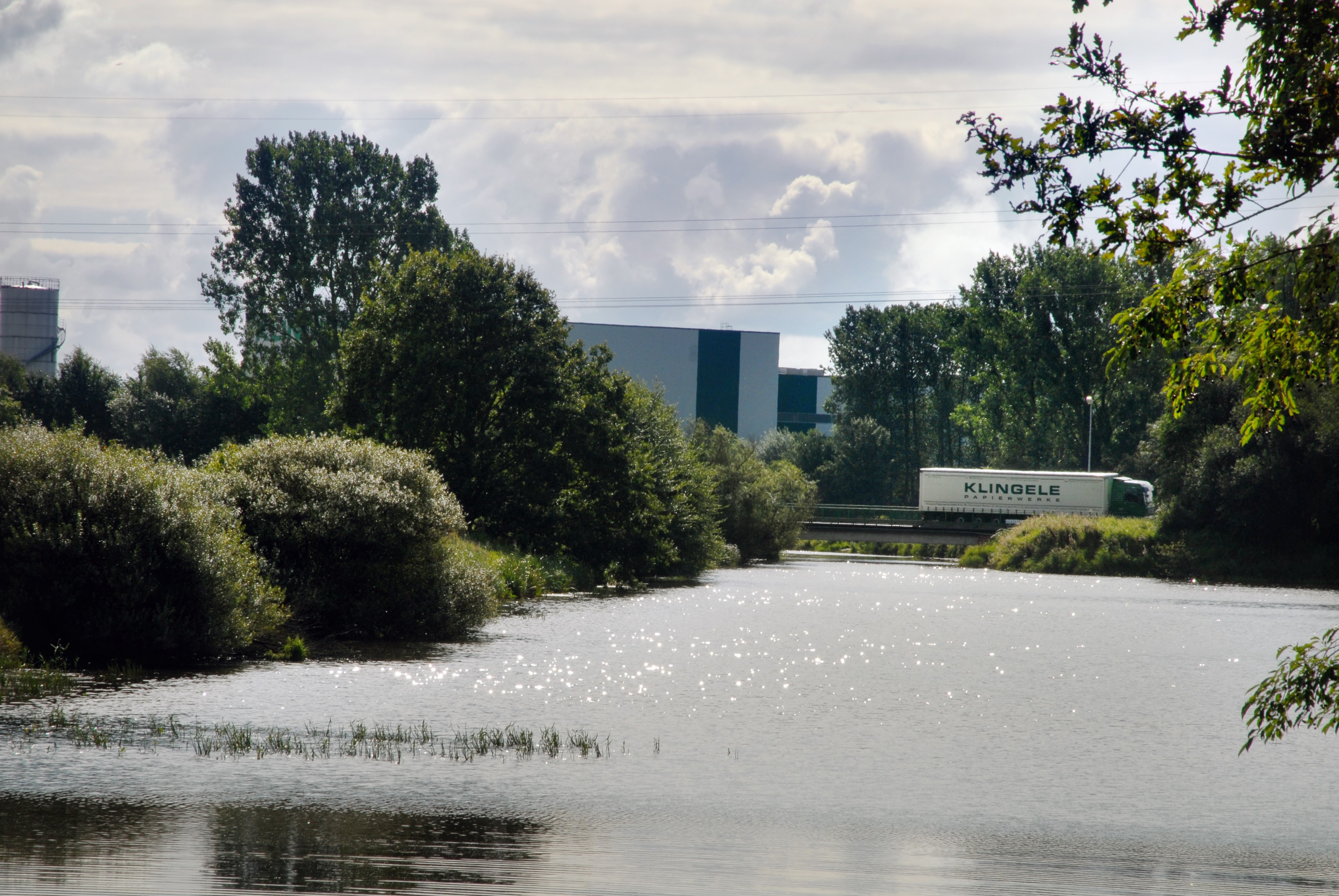
Smart Water Management: Sielacht Rheiderland Implements Real-Time Data-Driven Volume Control System
The water volume management concept for Sielacht Rheiderland involves both data collection as well as the creation of a management concept for the waters of the Siel.
Felix Schoeller: Installing a Disc Filter at PM4 in Weißenborn to Drive Sustainability Goals
Installing a disc filter at the PM4 in Weißenborn. Integrating the disc filter with the sieve water system as well as the technological plant control.
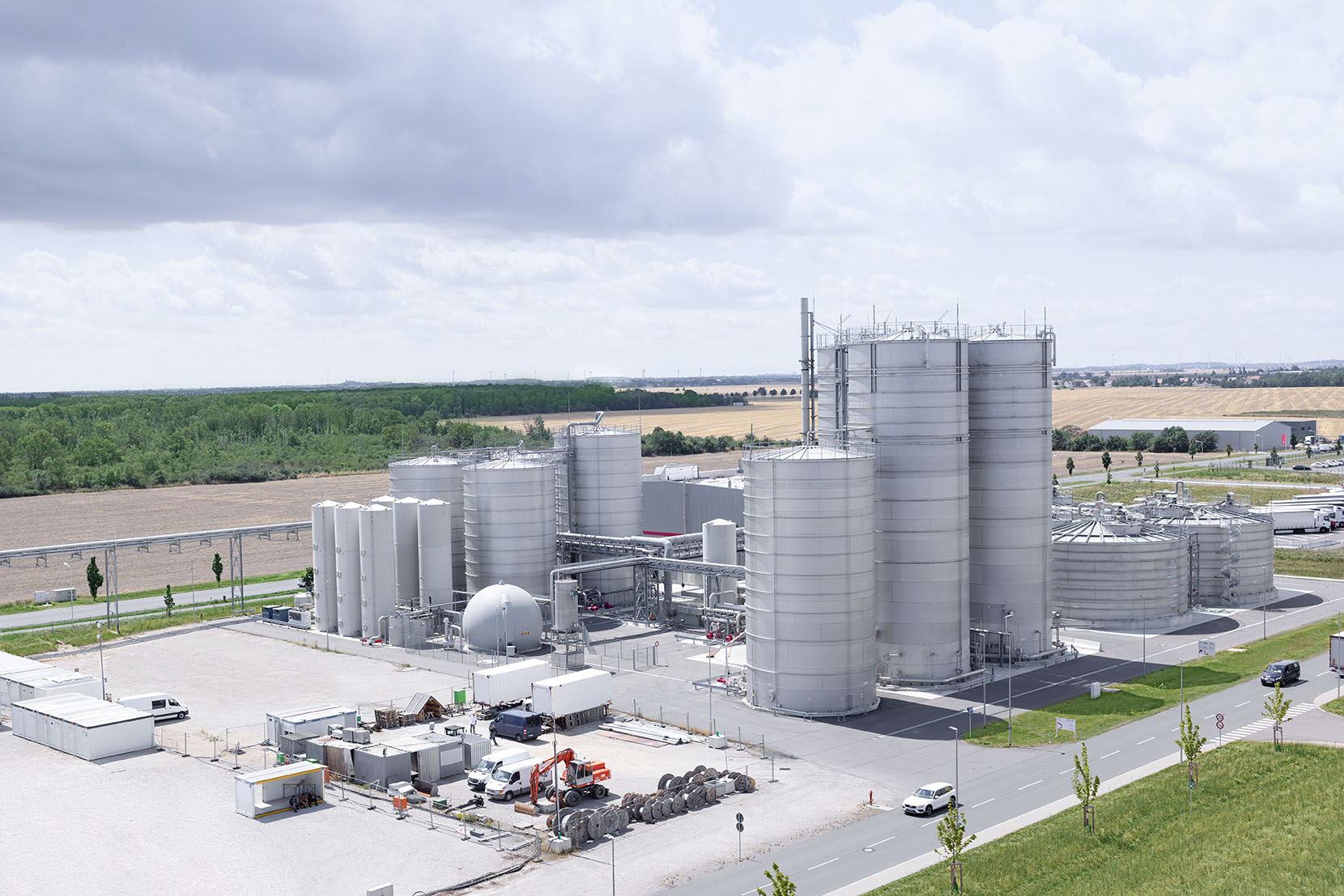
Progressive Water Recycling Treatment at Progroup: 80% Reduction of Freshwater Use in Paper Production
In August 2020, Progroup put the high-tech paper factory PM3 in Sandersdorf-Brehna into operation. It ranks among the most modern and productive factories of its kind worldwide, with an annual production capacity of 750,000 tonnes of corrugated base paper.
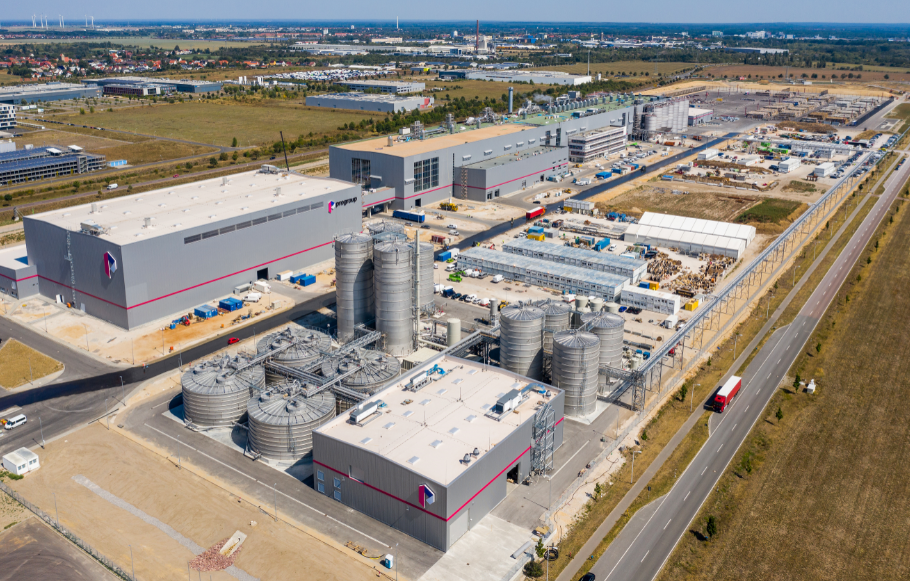
Resource-efficient circular economy in practice: PROGROUP upgrades its manufacturing facilities to zero-waste status
In August 2020, Progroup opened the high-tech PM3 paper mill in Sandersdorf-Brehna near Leipzig. It is one of the most modern and efficient in the world.
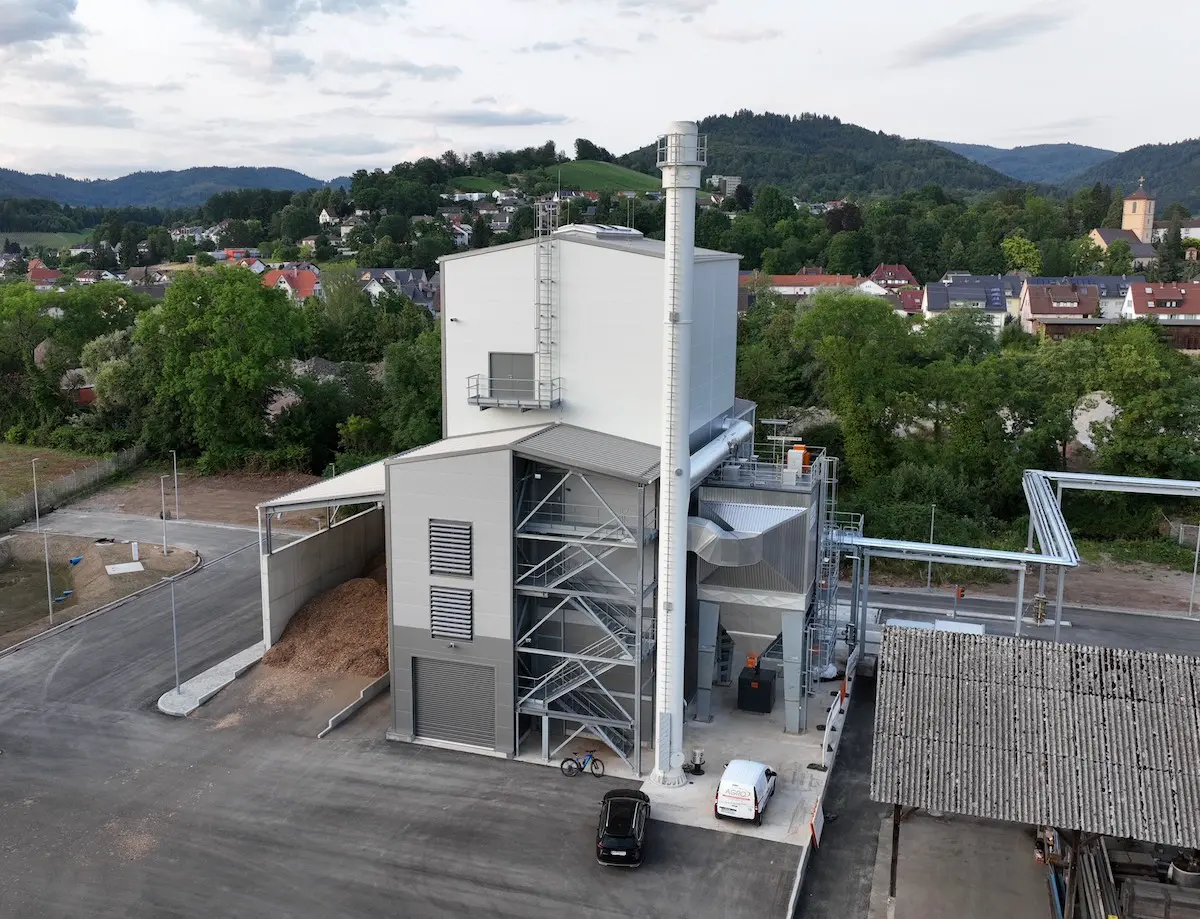
Biomass replaces lignite dust at Köhlerpappen GmbH in Gengenbach
In 2020, the German government decided to impose a CO₂ levy on all fossil fuels, with effect from 2021. For Köhlerpappen GmbH, Gengenbach, this means that significant additional costs will be incurred from 2023 onwards.
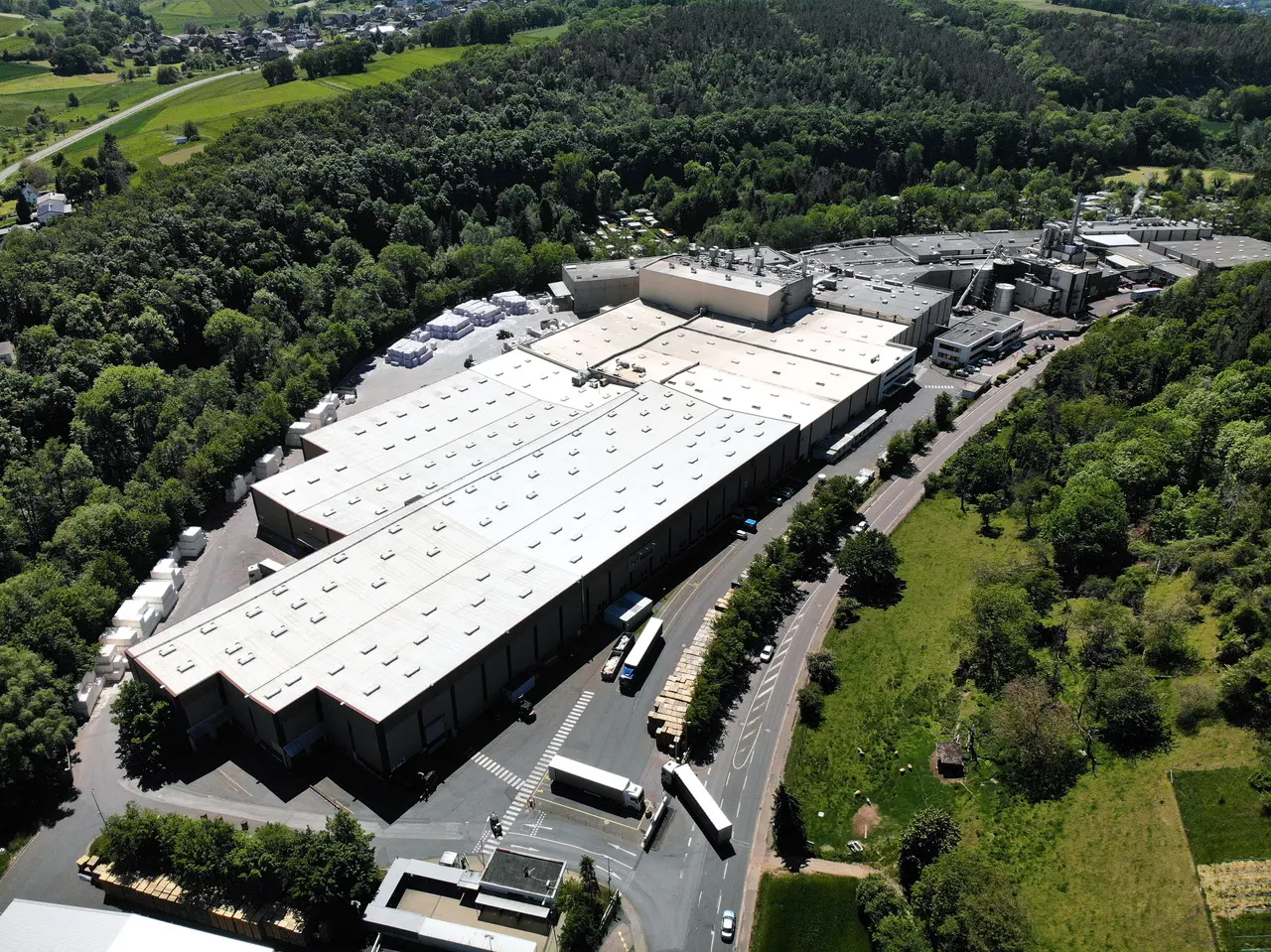
Metsä: Fossil free steam production for tissue production
Metsä Tissue Kreuzau realizes the shift from fossil-based lignite to wood pellets and reduces the amount of CO₂ emission by two third of the annual mill emission.
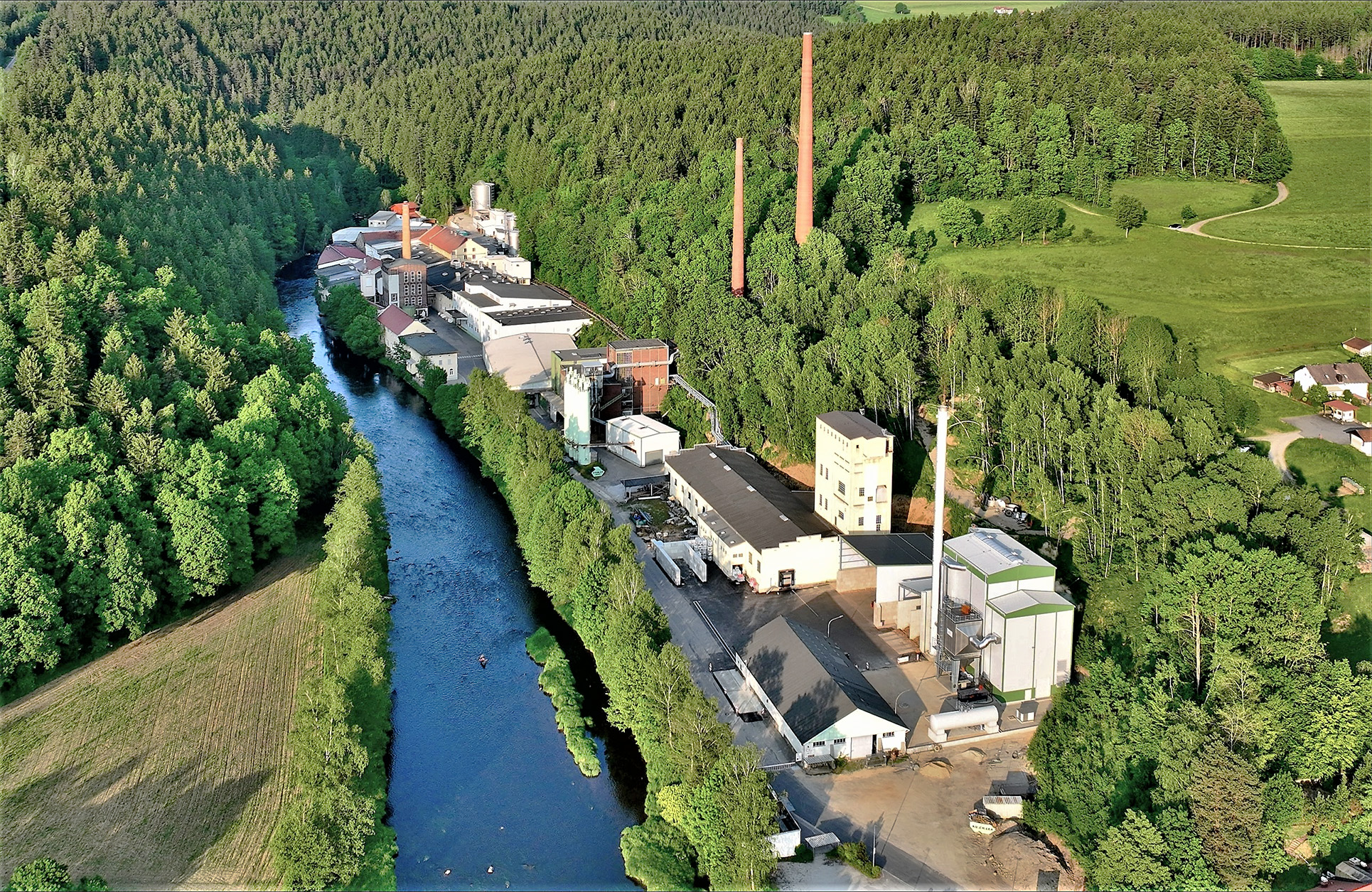
Pfleiderer switches fuel for steam generation from pulverised lignite to biomass
The aim of the project is to build a modern biomass power plant to supply the entire heat requirements of the Pfleiderer Spezialpapiere paper mill while reducing the previous CO₂ emissions by approximately 27,000 tonnes per year.
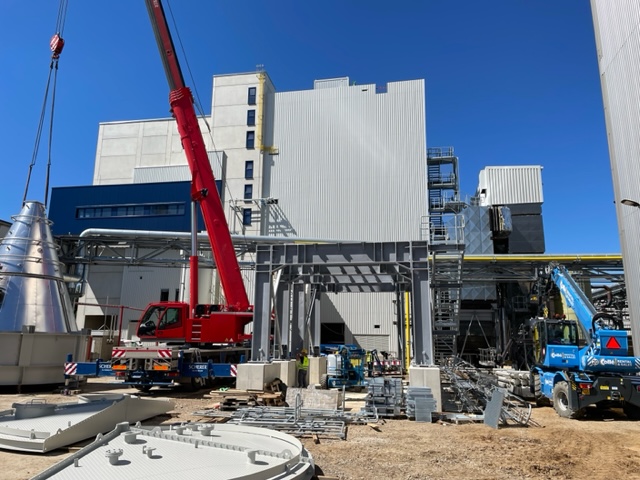
Ultra-efficient CHP plant together with recycling of residual materials delivers sustainable heat supply at SCHOELLERSHAMMER
The Energy Supply 2024 project was launched to transform and secure a sustainable energy supply.
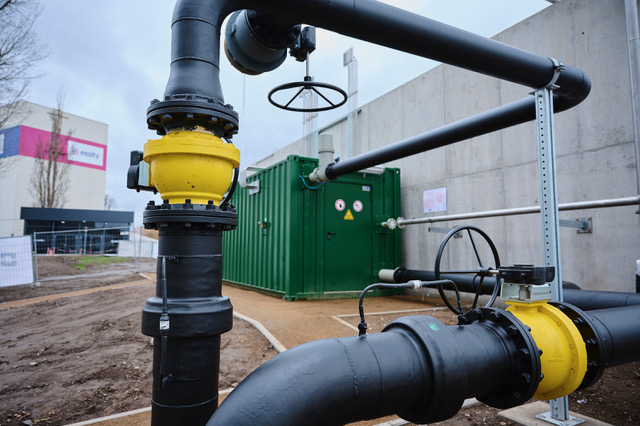
CO₂-free production of hygiene papers at Essity
At its mill in Mainz-Kostheim, leading hygiene and healthcare multinational Essity has become the first company to succeed in the CO₂-free production of paper. This has been made possible by reducing energy consumption, powering the paper machine with electricity from renewable sources and using green hydrogen.
.webp)
PALM power plant innovation programme: On the way to CO₂-neutral paper production
At its three sites in Germany, PALM operates gas-fired power plants according to the CHP (combined heat and power) principle.
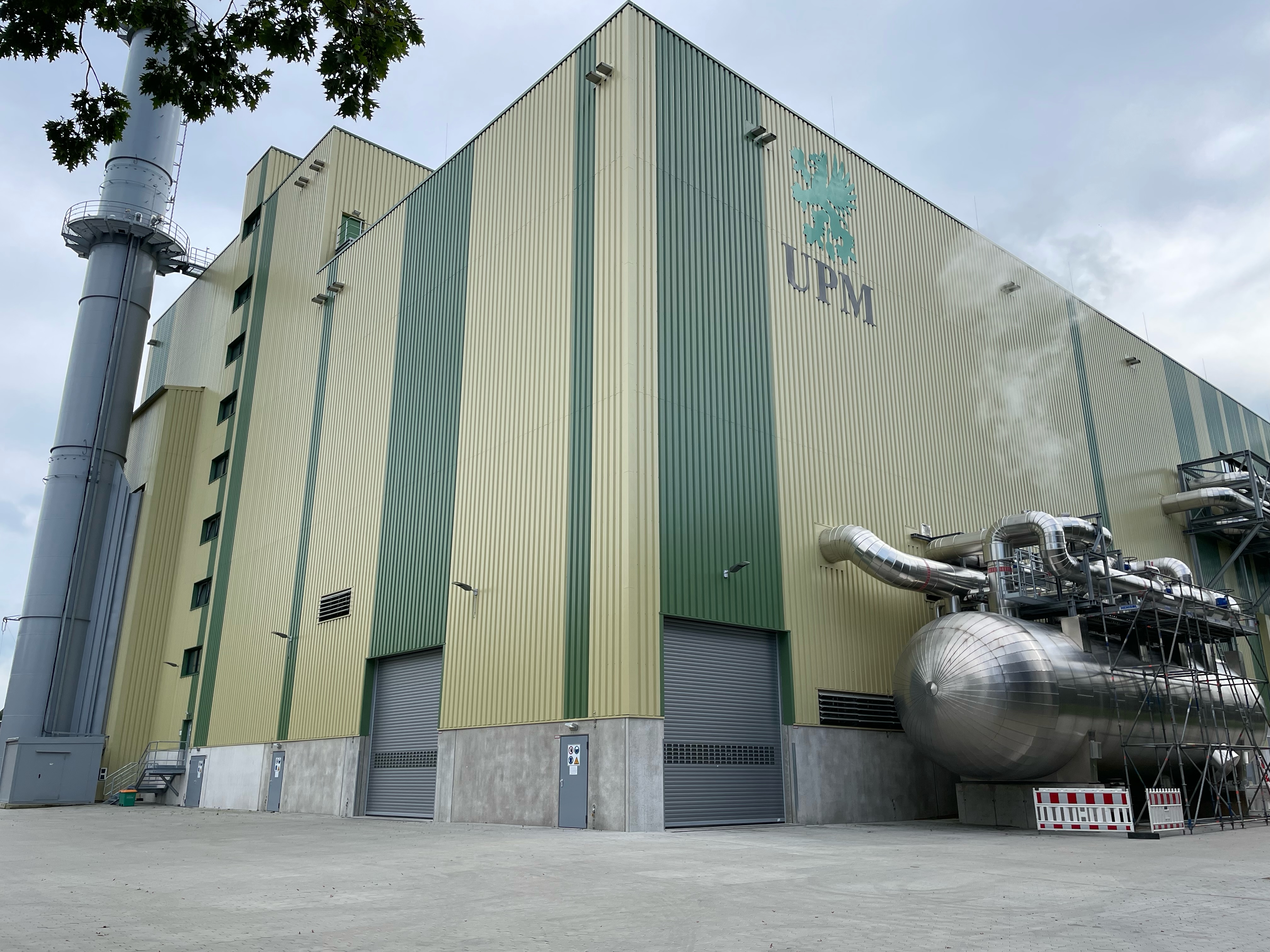
UPM electrifies heat supply, supports expansion of renewables and boosts system stability
UPM is investing in e-boilers (electrically powered steam generators) at four of its current six sites in Germany. When renewable electricity is available in sufficient quantities, these can take over steam generation for paper production at competitive prices, thereby economising on natural gas.
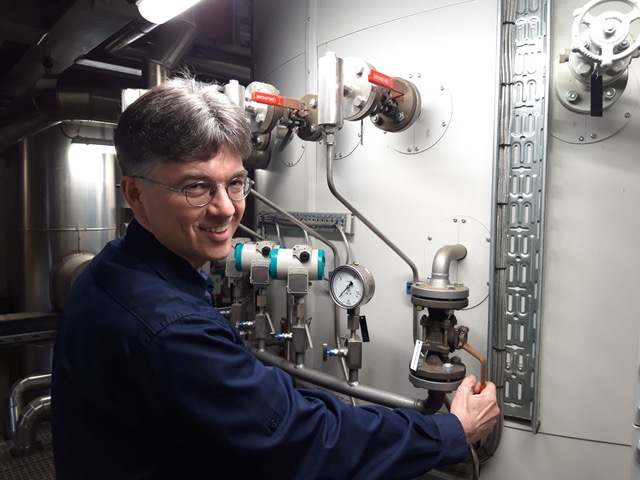
Varel trials climate protection module: Wind power generates steam for paper machines
Clean wind power is an important building block in working towards climate neutrality – but what if there is too much power in the grid?
